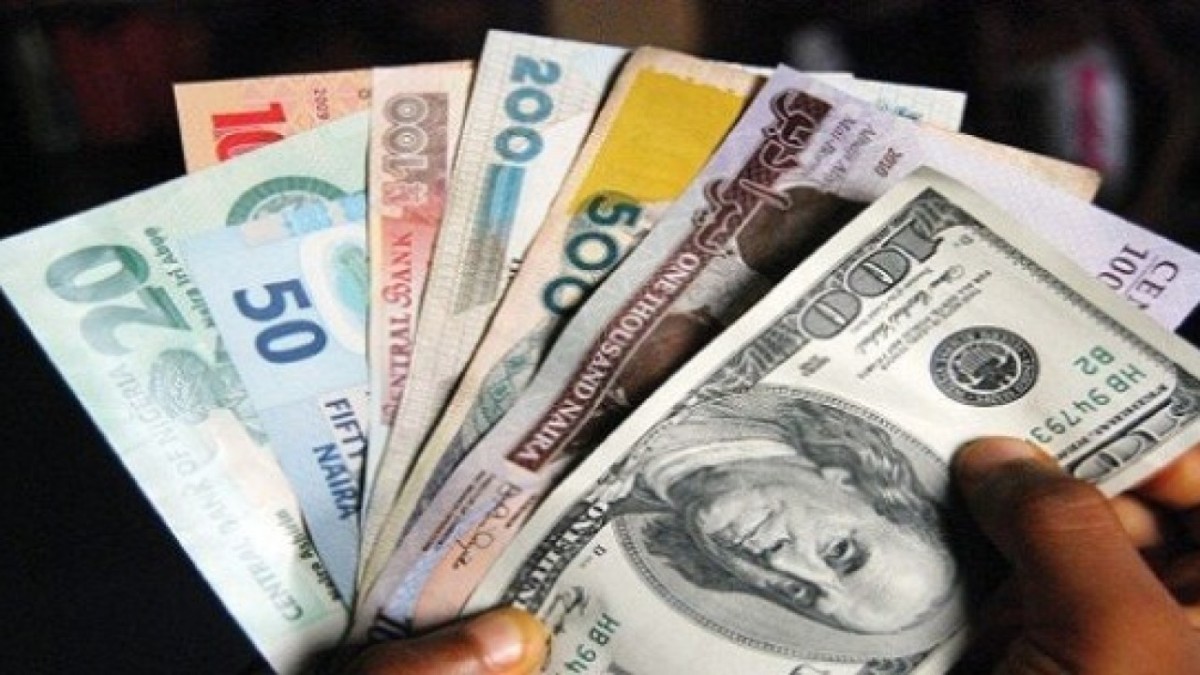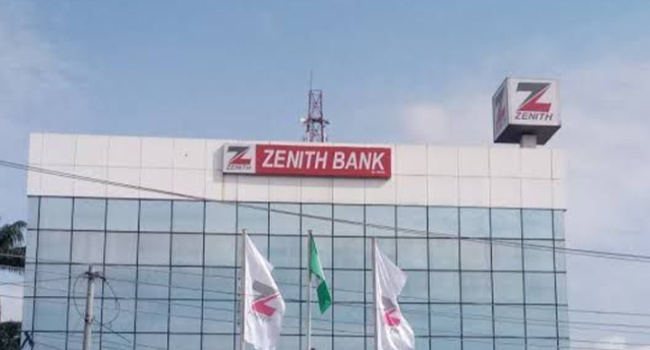Households and corporates are increasingly becoming risk-averse as Nigeria gets closer to election year 2023, justifiably reflecting concerns around political uncertainties and attendant macro risks. This account for the astronomical rise in bank deposits recently reported by the Central Bank of Nigeria (CBN).
In the same vein, Naira depreciation/devaluation over time has ballooned the value of foreign currency deposits in banks, resulting in high nominal value of local currency in banks as seen in the new data released by the regulator.
Recall that the apex bank had, in its recent report, announced that banks’ demand deposits rose by N1.1tn in three months to N16.89tn as of the end of March. Bank deposits which stood at N15.81tn as of the end of January, rose to N16.17tn at the end of February. Demand deposit account statutorily offers access to depositors’ money without requiring advance notice and allows the depositor to withdraw funds on demand and as needed.
Join our WhatsApp Channelon reasons banks remain awash with liquidity despite economic hardship in the country, economic analyst Abiola Rasaq told Prime Business Africa that HNIs and corporates tend to delay investments in real sector businesses. He said investors would naturally stockpile cash and other “risk-free” or “low-risk” financial assets, especially as they prioritise liquidity over returns in such circumstances. ”This is why banking sector deposits generally rise on the run-up to elections,” Rasaq said.
”In addition, for obvious political reasons, there is always more liquidity in the system during election cycles, and this can be attributed to increased fiscal spending aimed at winning electorates’ sympathy and loyalty, just as politicians are out on a spending spree in the season, as they campaign for votes.”
For corporates, Rasaq argued that they tend to warehouse cash, limit working capital and capital expenditure (capex), as they maintain business as usual pending when there is better clarity on the political economy. He explained that banks would at this time ultimately be awash with liquidity, a phenomenon which sometimes prompt the central bank and broader monetary policy authorities to tighten the system using administrative measures like the Open Market Operation or quantitative tools such as hiking of the monetary policy rate.
”Interestingly, the growth in banking sector deposits may also have been partly buoyed by the modest depreciation of the Naira. Since about one fifth of banking sector deposits in in foreign currency, every Naira devaluation or depreciation tends to balloon the value of foreign currency deposits, which translates to higher Naira value in nominal terms.”

















Follow Us